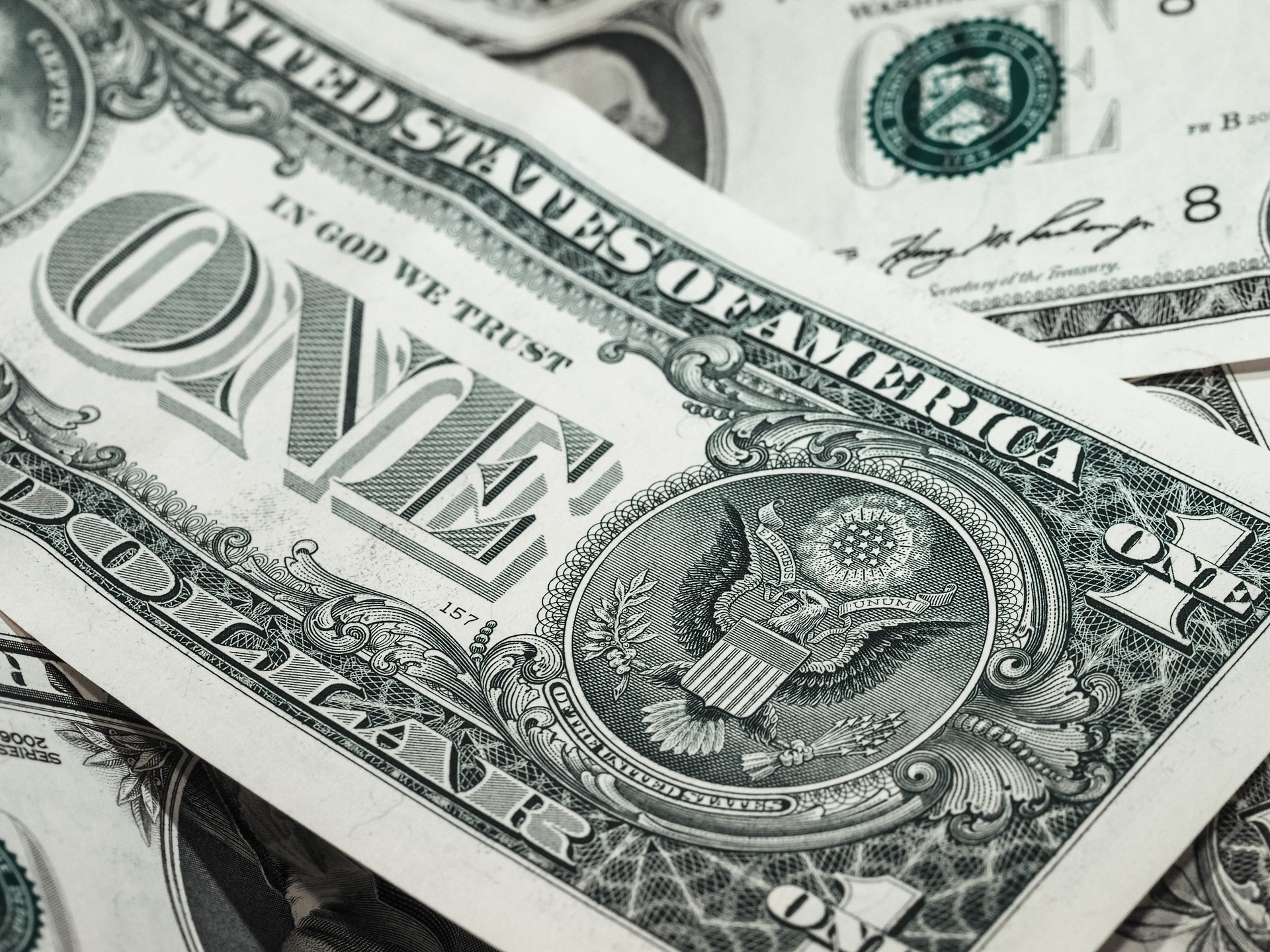
12 Feb Can I take from my retirement plan without penalty?
Photo: pixabay.comQ. If someone worked for a religious organization that did not opt into the New Jersey unemployment insurance fund, thereby not allowing that person to collect unemployment, can that unemployed person still take out funds from their retirement accounts, penalty-free, to pay for their health insurance?
— In trouble
A. The decision to take money from a retirement plan is a tough one.
By doing so, you can face taxes and penalties, and you also take a bite out of your nest egg.
But there are dire times when one might have to cash out a retirement plan for important expenses, such as medical expenses.
“If you do, be prepared to pay a 10 percent early withdrawal penalty if you are not yet age 59 1/2 and you take money out of a traditional IRA,” said Alex Coriddi, a certified financial planner with RegentAtlantic in Morristown. “The penalty also applies if you are younger than 55 and take a 401(k) distribution.”
The penalty is waived, however, if you use your IRA money to pay for unreimbursed medical expenses that total more than 10 percent of your income, Coriddi said.
He said a hardship withdrawal from a workplace retirement plan is allowed penalty-free if, according to the IRS, the distribution is for “an immediate and heavy financial need.” This includes such things as medical expenses, certain educational expenses and payments necessary to prevent eviction from, or foreclosure on, your home, he said.
“Remember, however, that even if you’re able to avoid an early distribution penalty, you’ll still owe taxes on the amounts withdrawn from these retirement accounts unless you withdrew contributions from a Roth,” he said.
Email your questions to Ask@NJMoneyHelp.com.

